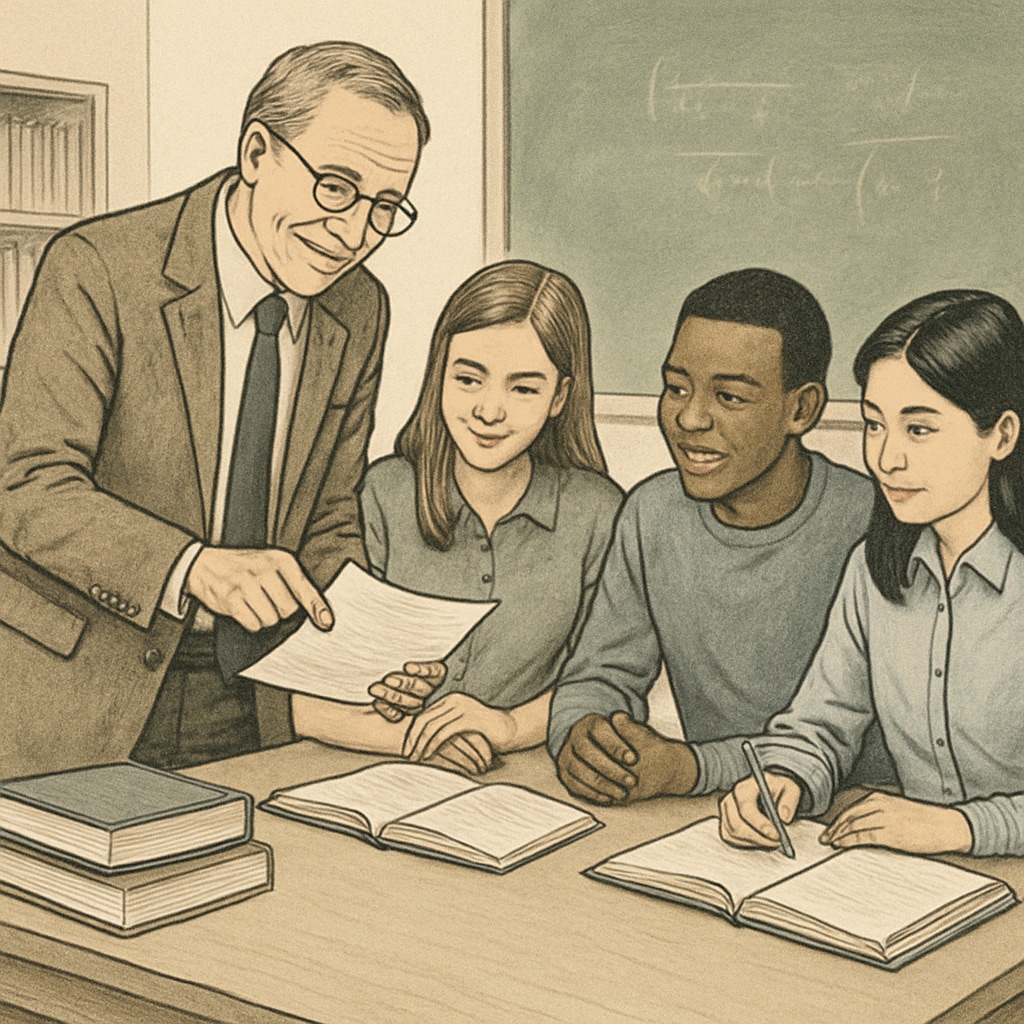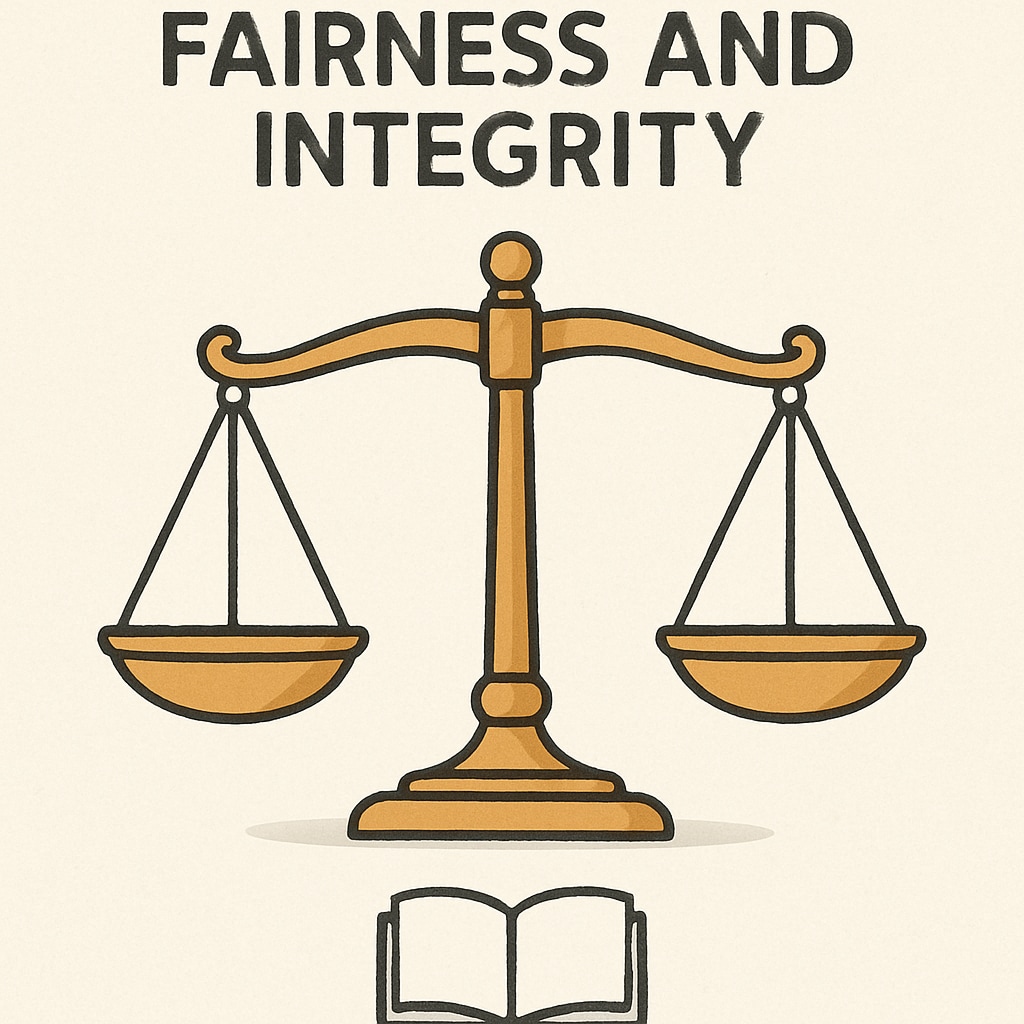Unfounded accusations of plagiarism by professors can undermine the principle of academic integrity and create lasting impacts on students in the K-12 education system. While academic integrity is essential to fostering learning and honesty, the misuse or misapplication of plagiarism claims can potentially harm students’ growth, trust, and confidence. This article delves into the challenges presented by such situations and explores strategies to create a more balanced and transparent evaluation system.
The Impact of Misguided Accusations
Academic integrity (maintaining honesty in educational activities) is a cornerstone of both teaching and learning. However, when professors or educators issue misguided plagiarism accusations, it can lead to unintended consequences. For example, students may feel humiliated, lose trust in their educators, or develop anxiety regarding their academic performance.
To understand the gravity of this issue, we must consider key aspects of its impact:
- Emotional Toll: Students accused of plagiarism unjustly may feel stigmatized, even if the accusation is later corrected.
- Academic Setbacks: Such accusations can lead to penalties, lower grades, or disciplinary action, affecting students’ academic records.
- Eroding Trust: A breach of trust between students and professors can harm the overall learning environment and discourage open communication.
Therefore, while protecting academic integrity is critical, it is equally important to ensure that plagiarism accusations are thoroughly substantiated before they are made.

Building a Transparent Academic Evaluation System
To address the issue of unfounded plagiarism accusations, educational institutions must implement clearer and more transparent evaluation methodologies. Here are some steps that can help foster fairness and accountability:
- Establish Clear Guidelines: Professors and students should be provided with comprehensive definitions of plagiarism and proper citation methods. Resources like Wikipedia’s plagiarism entry can serve as starting points.
- Use Reliable Tools: Schools should adopt reliable plagiarism-detection software to assist professors in making evidence-based claims.
- Encourage Dialogue: Before formal accusations, professors should initiate discussions with the student to clarify doubts and understand their perspective.
- Regular Training: Both educators and students should undergo periodic training on academic honesty to stay updated with best practices.
- Establish Appeals Mechanisms: Institutions should have clear processes for students to appeal plagiarism accusations, ensuring a fair hearing.
These measures can minimize the occurrence of baseless accusations while enhancing trust in the academic system.

Fostering Mutual Respect and Trust
Beyond implementing evaluation systems, fostering a culture of mutual respect and trust between professors and students is crucial. When both parties recognize their shared responsibility in upholding academic integrity, the likelihood of disputes diminishes.
For instance, professors can adopt a mentorship approach, guiding students in understanding academic norms rather than penalizing them harshly for mistakes. Similarly, students should actively seek clarification when in doubt about their work. According to the Encyclopedia Britannica’s entry on education, mutual respect in the student-teacher dynamic is foundational for effective learning.
Ultimately, academic integrity is not just about enforcing rules; it is about creating an environment where honesty, learning, and growth are prioritized.
Final Thoughts: Unfounded plagiarism accusations can have far-reaching consequences, but by adopting transparent mechanisms and fostering mutual trust, educational institutions can uphold the true essence of academic integrity. Professors and students must work collaboratively to ensure that this principle is a two-way street, benefiting both parties and the broader academic community.


